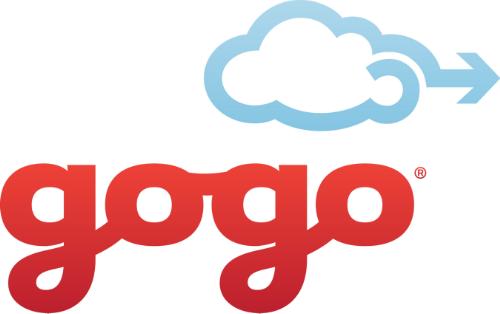According to Recode, Gogo Inc(NASDAQ:GOGO) CEO Michael Small responded to AT&T Inc.(NYSE:T) plans for in-flight Internet, which will directly compete with its own wireless in-cabin digital services, and he “isn’t surprised.”
Small believes that T’s entry into the airline wireless space validates the potential for in-flight internet, and “he isn’t surprised to see big companies looking to the skies as their next growth area.” He also reiterated that the company’s 10-year exclusive partnerships with its clients should allow Gogo’s business to retain its market share at least in the near term.
Moreover, AT&T is likely to have a number of challenges in entering the in-flight market, even after its own deals expire. As a reminder, Gogo is adding satellite-based options in order to diversify its offerings on a global scale.
While AT&T did not announce technical details, the company did forecast that the service would be up and running by as early as late next year, with options for both business planes and commercial aircraft. For its part, Gogo Inc. is in the process of deploying 10 megabit-per-second service, with a longer term strategy to increase speeds to 70Mbps using satellite.
Other competitors echoed Small’s sentiment such as Dave Davis of Global Eagle Entertainment, which has clients including Southwest Airlines (LUV).
“The entrance into this market by AT&T reflects the tremendous growth potential of in-flight connectivity and the delivery of unique content to airline passenger’s devices,” Said Davis.
ViaSat, which provides satellite-based in-flight Internet to JetBlue (JBLU) noted “it’s an exciting time for consumers as technology is finally enabling high-speed broadband for air travelers.” JP Morgan also maintained its Overweight rating on GOGO, although the analyst has lowered his price target to $23, previously $28.
While he acknowledges the longer term threat of AT&T given its cash position and wide spectrum, Gogo continues to lead in market share for commercial aviation in the US.

